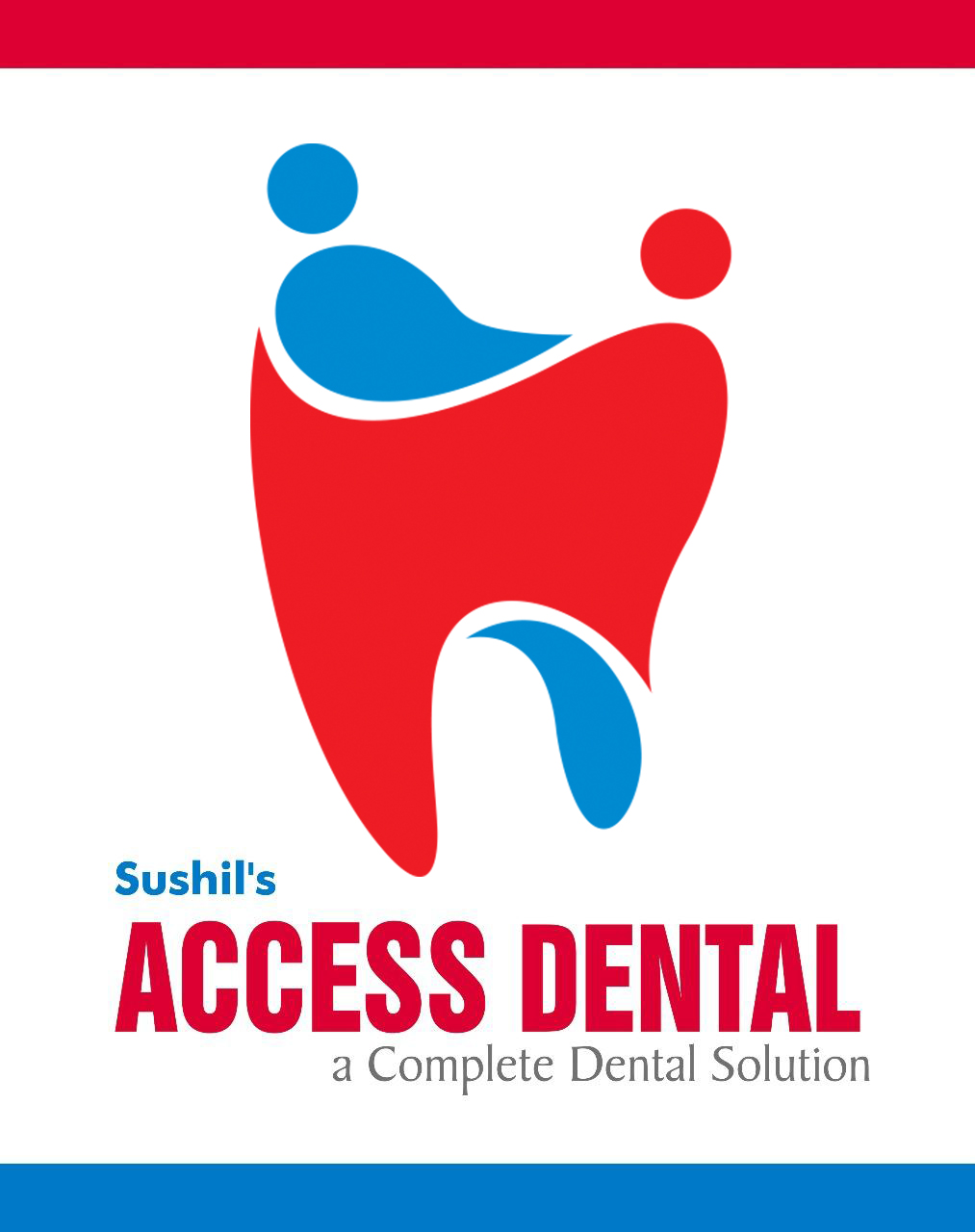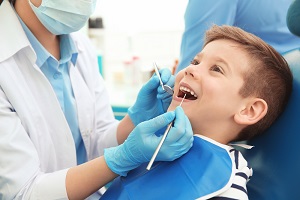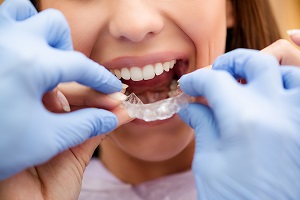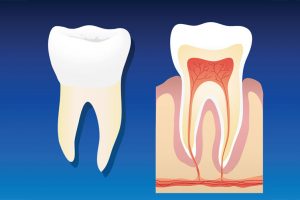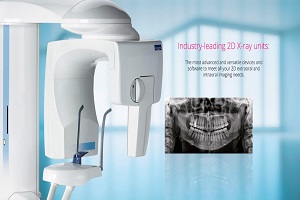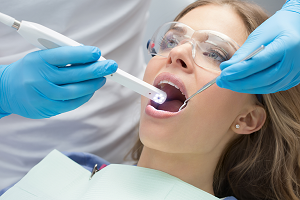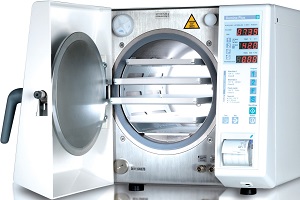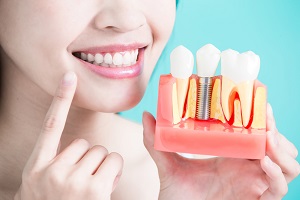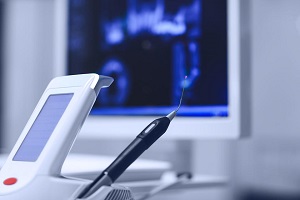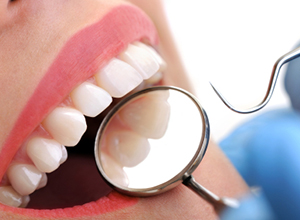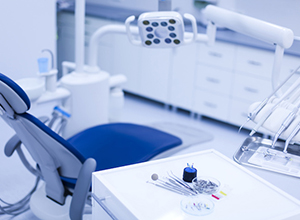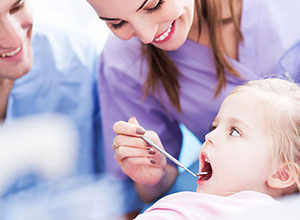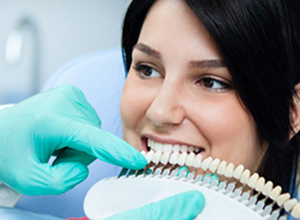With proper care, your teeth and gums can stay healthy throughout your life. The healthier your teeth and gums are, the less risk you have for tooth decay and gum disease.
Teeth and Gum Care
With proper care, your teeth and gums can stay healthy throughout your life. The healthier your teeth and gums are, the less risk you have for tooth decay and gum disease.
How Should I Care for My Teeth and Gums?
There are four basic steps to caring for teeth and gums:
Brushing
Flossing
Eating right
Visiting the dentist
Tips for Brushing Your Teeth and Gums
Brush teeth and gums at least twice a day. If you can, brush after every meal. Brushing removes plaque, a film of bacteria that clings to teeth. When bacteria in plaque come into contact with food, they produce acids. These acids lead to cavities. To brush:
Place a pea-sized dab of fluoride toothpaste on the head of the toothbrush. (Use a soft toothbrush.)
Place the toothbrush against the teeth at a 45-degree angle to the gum line.
Move the brush across the teeth using a small circular motion. Continue with this motion cleaning one tooth at a time. Keep the tips of the bristles against the gum line. Avoid pressing so hard that the bristles lie flat against the teeth. (Only the tips of the toothbrush clean the teeth.) Let the bristles reach into spaces between teeth.
Brush across the top of the chewing surfaces of the back teeth. Make sure the bristles get into the groves and crevices.
Use the same small circular motion to clean the backside of the upper and lower teeth -- the side that faces the tongue.
To clean the inside of the bottom front teeth, angle the head in an up-and-down position toward the bottom inside of the mouth and move the toothbrush in a small circle.
For the inside of the top front teeth, angle the brush in an up-and-down position with the tip of the head pointing towards the roof of the mouth. Move the toothbrush in a small circle.
Give your tongue a few gentle brush strokes, brushing from the back of your tongue forward. Do not scrub. This helps remove bacteria and freshens your breath.
After brushing your teeth for two to three minutes, rinse your mouth with water.
Replace your toothbrush with a new one every three to four months.
Tips for Flossing Your Teeth
Floss your teeth once a day. Flossing gets rid of food and plaque between the teeth, where your toothbrush cannot reach. If plaque stays between teeth, it can harden into tartar, which must be removed by a dentist. To floss:
Remove about an 18-inch strip of floss from the dispenser.
Wind the floss around the middle fingers of each hand, leaving a 1-inch section open for flossing. Floss the top teeth first, then the bottom.
Place the floss in your mouth and use your index fingers to push the floss between the teeth. Be careful not to push too hard and injure the gums.
Move the floss up and down against the tooth and up and around the gum line. The floss should form a C-shape around the tooth as you floss.
Floss between each tooth as well as behind the back teeth.
Use a clean section of floss as needed and take up used floss by winding it around the fingers.
Also, antibacterial mouth rinses (there are fluoride mouth rinses as well) can reduce bacteria that cause plaque and gum disease, according to the American Dental Association.







